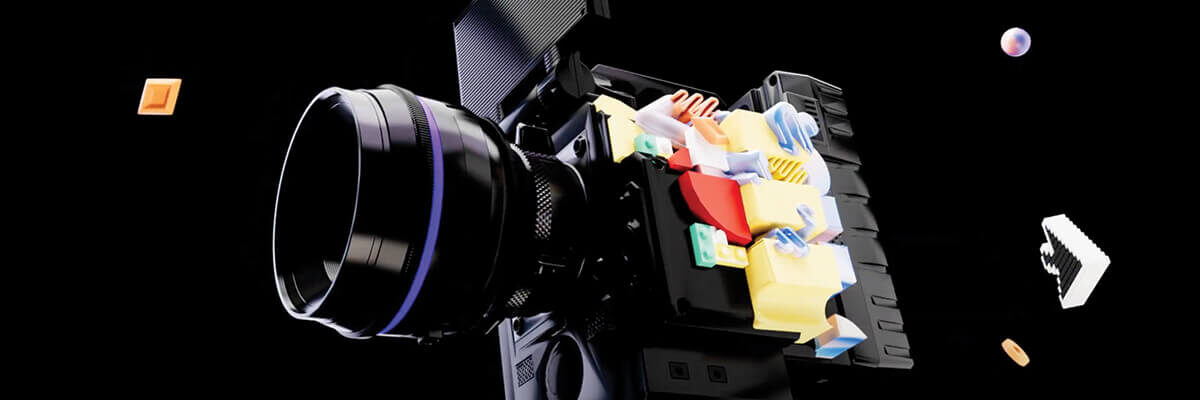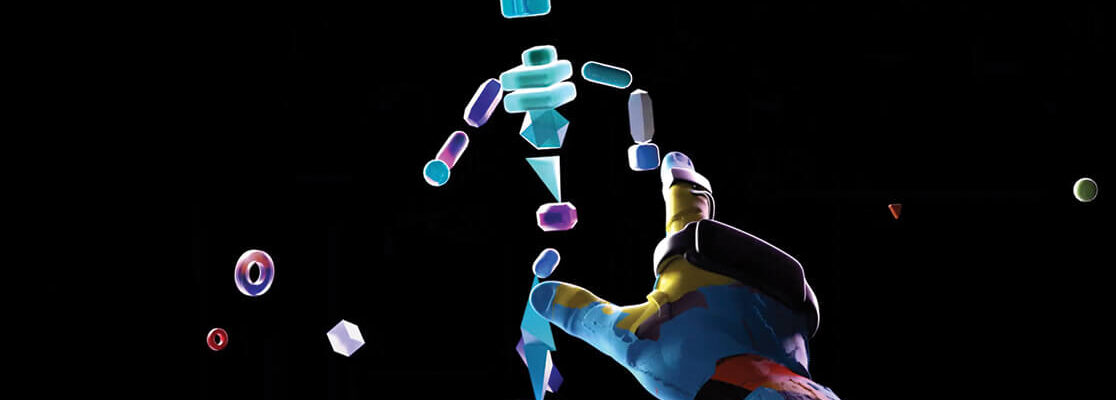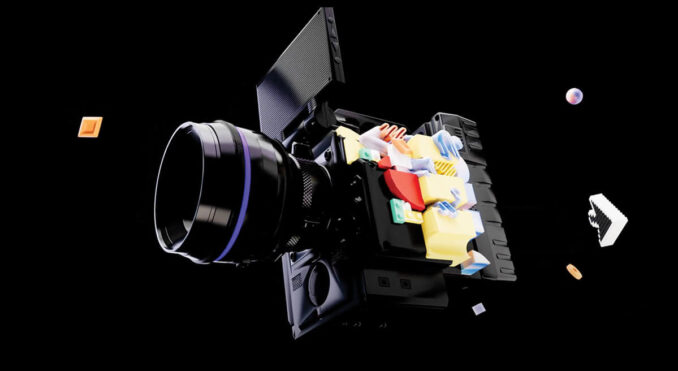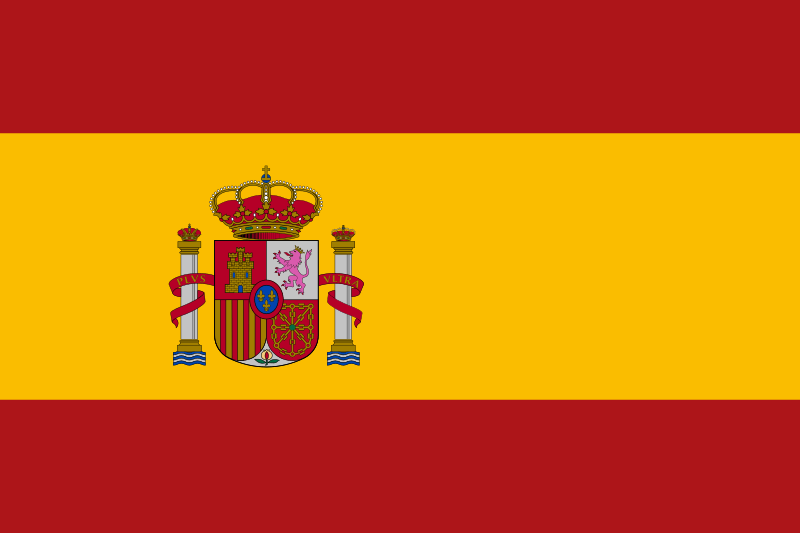Diploma of Computer Science
LAY THE FOUNDATIONS FOR A DYNAMIC CAREER IN COMPUTER SCIENCE
On-Campus
Ideal for students who thrive in a face-to-face environment with access to studios, peers, and in-person support.
- Includes 2 hours of weekly on-campus classes plus 1 hour of national content (online or asynchronous).
- Classes run Monday to Friday, morning, afternoon, and evening, with access to digital resources and support.
- Perfect for hands-on learning, collaboration, and real-time feedback.
Online Delivery (Domestic students only)
Built for independent learners who need maximum flexibility without compromising on engagement.
- 2 hours of live online classes plus 1 hour of national content each week.
- Fully virtual with interactive sessions, discussions, and expert support.
- Access SAE’s full suite of digital learning resources from anywhere.
Blended Delivery
Designed for those who want the best of both worlds, structured face-to-face learning with online flexibility.
- Combines 2 hours of live (on-campus or online) classes with 1 hour of national content each week.
- Balances in-person connection with the convenience of remote access.
- Supported by SAE’s online learning tools and self-directed study resources.
National Expertise
No matter how you study, you’ll learn from SAE’s national team of expert, industry-aligned faculty.
- Access top educators and specialists across Australia, wherever they’re based.
- Benefit from national masterclasses, guest lectures, and collaborative learning.
- Tap into deep industry knowledge that goes beyond your local campus.
Units x Costs ($AUD)
8 x $2,999
Annual Course Fee (Indicative)*
(based on 1.0 EFTSL**)
$23,992 AUD
Plus Student Services and Amenities Fee (SSAF)
* The Annual Course Fee (Indicative) is charged against individual units of study which may increase from time to time and does not take into account personal circumstances such as RPL, credit, repeats and some specialised electives.
** EFTSL (Equivalent Full-Time Student Load) is a measure of a full-time student’s study load for a year. A full-time study load equates to 1.0 EFTSL. Typically, a full-time study load at SAE is 8 units of study over the year, each with an EFTSL value of 0.125.
For more information view the SAE Fee Schedule or visit the Fees & Payment page.
Units x Costs ($AUD)
8 x $3,495
Annual Course Fee (Indicative)*
(based on 1.0 EFTSL**)
$27,960 AUD
Plus Student Services and Amenities Fee (SSAF)
* The Annual Course Fee (Indicative) is charged against individual units of study which may increase from time to time and does not take into account personal circumstances such as RPL, credit, repeats and some specialised electives.
** EFTSL (Equivalent Full-Time Student Load) is a measure of a full-time student’s study load for a year. A full-time study load equates to 1.0 EFTSL. Typically, a full-time study load at SAE is 8 units of study over the year, each with an EFTSL value of 0.125.
For more information view the SAE Fee Schedule or visit the Fees & Payment page.
Complete your course faster by studying the course units over approximately 7 months (2 trimesters).
Complete your course faster by studying the course units over approximately 7 months (2 trimesters).
Whilst still classified as a full-time study load, you will complete the course units over one year (3 trimesters).
May 2026
September 2026
May 2026
September 2026
May 2026
September 2026
May 2026
September 2026
February 2027
May 2026
September 2026
February 2027
Your creative career starts with SAE
Course Structure
Complete your Diploma of Computer Science faster by studying the 8 required units in as little as 7 months (2 trimesters).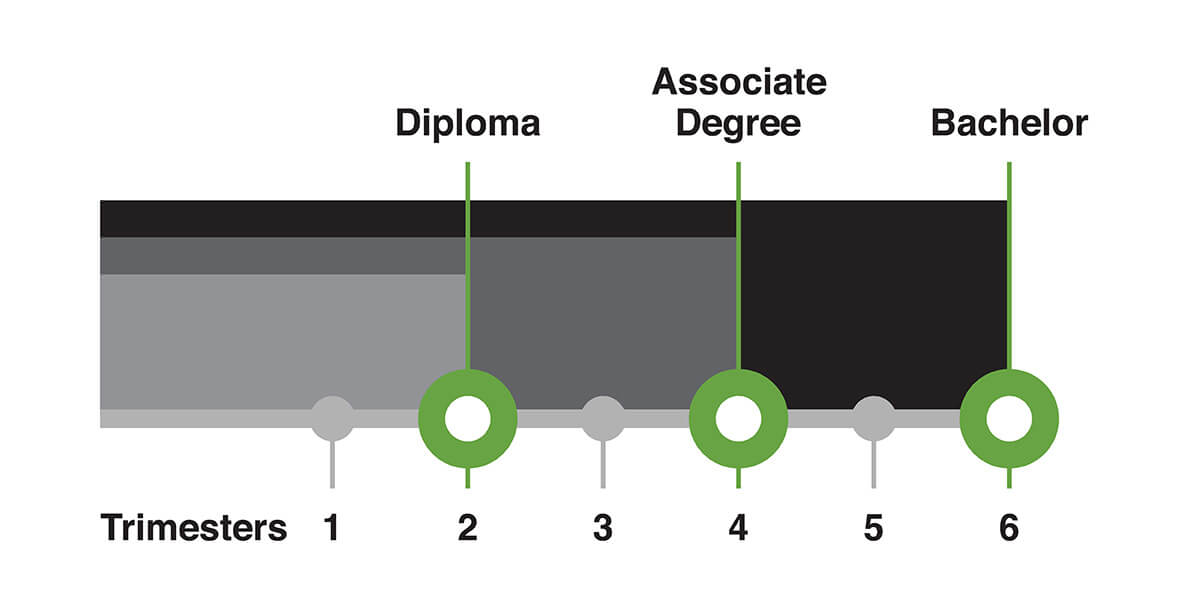
This subject serves as your gateway to understanding how humans and computers interact effectively. Here, you will explore the fundamental principles of HCI that underpin all user interfaces, from the ones on your phone to complex software applications. We will delve into various interaction methods, including traditional desktop interfaces, mobile technologies, and even emerging concepts like tangible objects and ambient displays.
This unit introduces you to the fundamental concepts and techniques of programming using a high- level programming language. You will learn to write, debug, and execute basic programs while developing problem-solving skills essential for computer science. The unit covers variables, data types, control structures, functions, data structures, file input/output (I/O), modules, error handling, and an introduction to object-oriented programming. By the end of the unit, you will be able to develop simple programs and understand core programming principles.
This unit focuses on the fundamental knowledge and skills required by all IT professionals. You will explore basic IT concepts and terminology as well as the hardware and software elements that form the basis of systems from personal computing through to enterprise level. You will also explore how software is developed and used, and the collection, storage and use of data. All these topics will be viewed through a cyber security lens and the unit will conclude by considering the field of cyber security as a holistic discipline.
This unit provides an engaging and practical introduction to the fundamentals of software development, focusing on the concepts, methodologies, and processes involved. Students will learn about the software development lifecycle, various development methodologies, version control systems, teamwork, project management, and the importance of documentation. The unit is highly interactive, featuring a mix of case studies, group activities, and hands-on projects that simulate real-world software development scenarios.
This unit explores the concepts of entrepreneurship, innovation and project design. You will develop approaches to identify promising opportunities and actionable strategies to transform them into tangible successes. Through exposure to developing new ideas, processes and ways of working - both individually and in entrepreneurial teams - you will hone skills to put creative ideas into practice and achieve real-world impact.
As Alan Kay explained, "The best way to predict the future is to create it", so let's get at it!
This unit introduces you to the fundamental principles of data analysis including foundational mathematical skills and effective data visualization techniques. You'll gain foundational knowledge of statistics and probability for data analysis, along with hands-on experience using industry-standard techniques and software for data visualization, statistical analysis, and interactive dashboard creation. Through practical exercises and case studies, you will explore real-world datasets, learning to apply quantitative methods to solve analytical problems along with developing an awareness of potential biases, errors, and ethical considerations in data interpretation.
This unit explores scripting and automation techniques, and their application in areas such as system administration and data extraction. You will learn to use scripting for automating tasks, managing system operations, and extracting data from the web. The unit also introduces the Internet of Things (IoT) and programming on microcontrollers. You will gain hands-on experience with sensors, actuators, IoT networking and communication, and basic security practices. The practical focus of this unit prepares you to design, implement, and manage automated and IoT systems effectively.
This unit will introduce you to foundational knowledge and skills for web development which will be useful throughout your studies and career in computer science. You will learn foundational concepts, principles and skill in web development. We will delve into the core concepts of the Document Object Model (DOM), Hyper Text Markup Language (HTML) and its companion Cascading Style Sheets (CSS), and an industry-standard programming language for websites: Javascript. Explore concepts of web design theories and practices including web servers, web databases, web domains, Content Management Systems, web design, web layout, responsive web design, functionality and usability.
Learn using Industry Tools & Software






DIPLOMA OF COMPUTER SCIENCE
If you’re looking to take your first steps into the ever-evolving world of technology, the Diploma of Computer Science is the foundational course for you.
Covering the first of three stages included in our bachelor’s program, this course explores key fundamentals of computer science. You’ll begin to build a skillset in scripting and automation, web development, data structures, IT and cyber security, and programming.
Explore industry-standard languages including Python, Powershell and Javascript to set yourself up for success in professional workplaces.
You’ll also develop an understanding of the technical process, project design and management, core communication practices, ownership, distribution, and copyright in the technology and creative industries.
As a technology-driven computer science practitioner, you’ll be assessed through the completion of real-world, industry-based projects. This will ultimately help you build up a body of work and portfolio to share with potential employers or your first client.
Upon completion, you will be eligible for up to 80 credit points towards the Bachelor of Computer Science, providing a structured pathway to future study opportunities.
Start your journey towards an exciting and varied career in Computer Science today at SAE University College.
Meet your technology mentors
WHAT OUR STUDENTS SAY ABOUT SAE


Aldo Arechar
SAE Alumni | Current Job: Hans Zimmer's Remote Control Productions company in LA

Keovilay Cola Saycocie
SAE Alumni | Current Job: Unreal Engine Developer

Sarah Khalaf
SAE Alumni | Current Job: TV ProducerSAE Diploma of Computer Science offers:

YOUR CAREER IN COMPUTER SCIENCE BEGINS NOW
COMPUTER SCIENCE SKILLS
FEE‑HELP* is an Australian Government loan scheme that assists eligible fee paying students pay all or part of their tuition fees. It cannot be used for additional study costs such as accommodation or text books. The total amount of FEE‑HELP a person can use is known as the ‘FEE‑HELP limit’.
Once a person begins using FEE‑HELP, the amount of FEE‑HELP they have left to use is known as their ‘FEE‑HELP balance’.
* Terms and conditions apply. For the latest updates regarding FEE-HELP please refer to sae.edu.au/fees
You can choose to study most of our courses in a part-time capacity. An SAE course advisor will be able to give you more information about the study options for your chosen course.
Note: Part-time is not available for international students.
CREDIT AND RECOGNITION OF PRIOR LEARNING
SAE may recognise your prior learning and may grant credit towards satisfying the requirements for a higher-level program. This is applied where previous learning is considered equivalent to the content and learning outcomes prescribed for units within the program.
For full details, please refer to SAE’s policy on recognition of prior learning and credit transfers.


